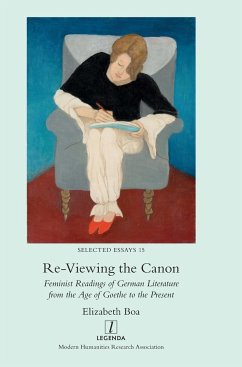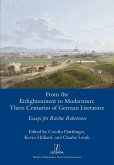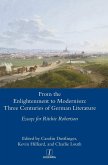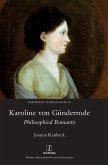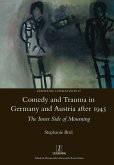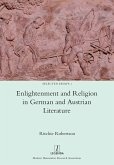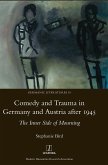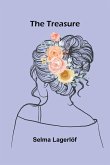The essays gathered here reflect changes in German literary studies over more than half a century of political and cultural transformation. Wieland and Goethe, Kafka and Thomas Mann exemplify a still predominantly male canon following the Second World War. The rise of 1980s feminist criticism brought more focus on women authors and on the interplay of sexuality, gender and socio-political power in texts including a weepy and a witty best-seller and a pornographic classic. German re-unification intensified debate over ethno-nationalism in Heimat discourse and, controversially, in Zionism. Essays on German-Jewish and on Turkish-German authors touch on migration and hybrid identities; global climate change is a key context to Ulrike Almut Sandig's stories. Whether there is still an academic canon is questionable, but reading books remains essential to critical thinking and authors such as Kafka belong in the canon of World Literature. Elizabeth Boa graduated in 1961 in French and German at the University of Glasgow, then studied at Munich and Saabrücken before joining the German Department at the University of Nottingham. A founding member of Women in German Studies (WIGS), she also served as Chair of the Association for German Studies (AGS), and was elected a Fellow of the British Academy in 2003.
Hinweis: Dieser Artikel kann nur an eine deutsche Lieferadresse ausgeliefert werden.
Hinweis: Dieser Artikel kann nur an eine deutsche Lieferadresse ausgeliefert werden.

